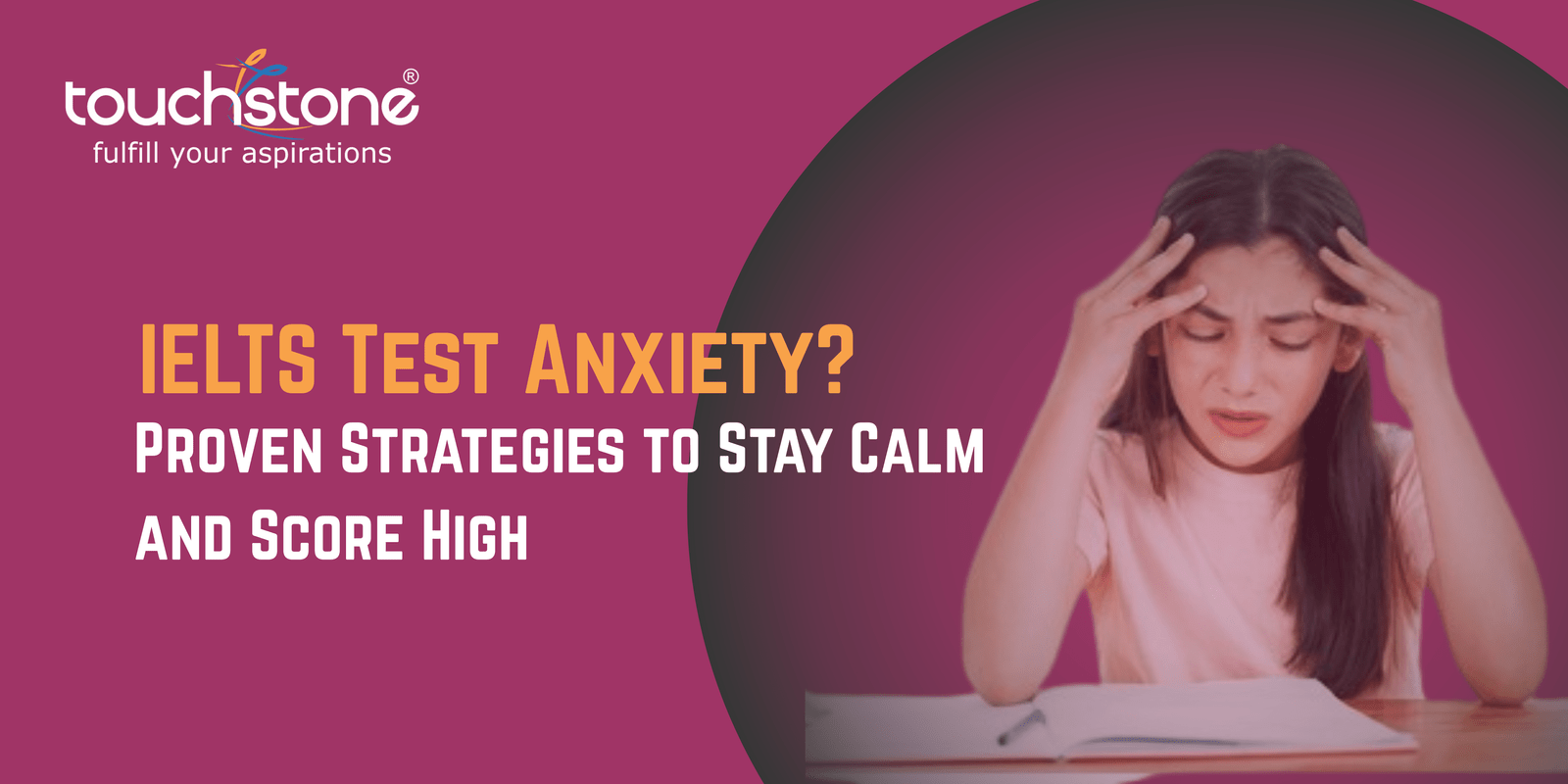The Writing test consists of 2 tasks. It is recommended to spend about 20 minutes on task 1, and 40 minutes on task 2. The Writing score of Task 2 is double that of task 1.
In task 1, candidates are generally required to write a 150 word letter requesting information or giving information as per the topic. The objective of task 1 is to assess the candidates on their ability to engage in personal correspondence, provide general information, and express needs, etc. In writing task 1 of the academic category, candidates may also be required to describe visual information which can be provided in the form of a graph, map, or diagram.
In task 2, candidates are generally required to express their point of view on the given topic in 250 words, in the form of a well structured essay.
Important tips:
- Read the requirements of the task carefully and address all the parts of the task.
- Adhere to the word limit
- Write in a way that leaves you some time to check your writing.
- Make sure that the facts and the language you use are accurate.
- For describing a graph, map, or a diagram, identify the most important information depicted, in one or two minutes, and write your description in the same way you would like someone else to describe the figure to you.
- Make sure that your writing is well-structured.
- In both the tasks, avoid repeating words and ideas; use synonyms for words which are being repeated.
- The task 2 essay should begin with an introduction to the topic. The next one or two paragraphs should be about your views, opinions, and knowledge about the topic. The last paragraph should be dedicated to the conclusion.
- The first one or two sentences of each paragraph should be able to depict what the paragraph is about








